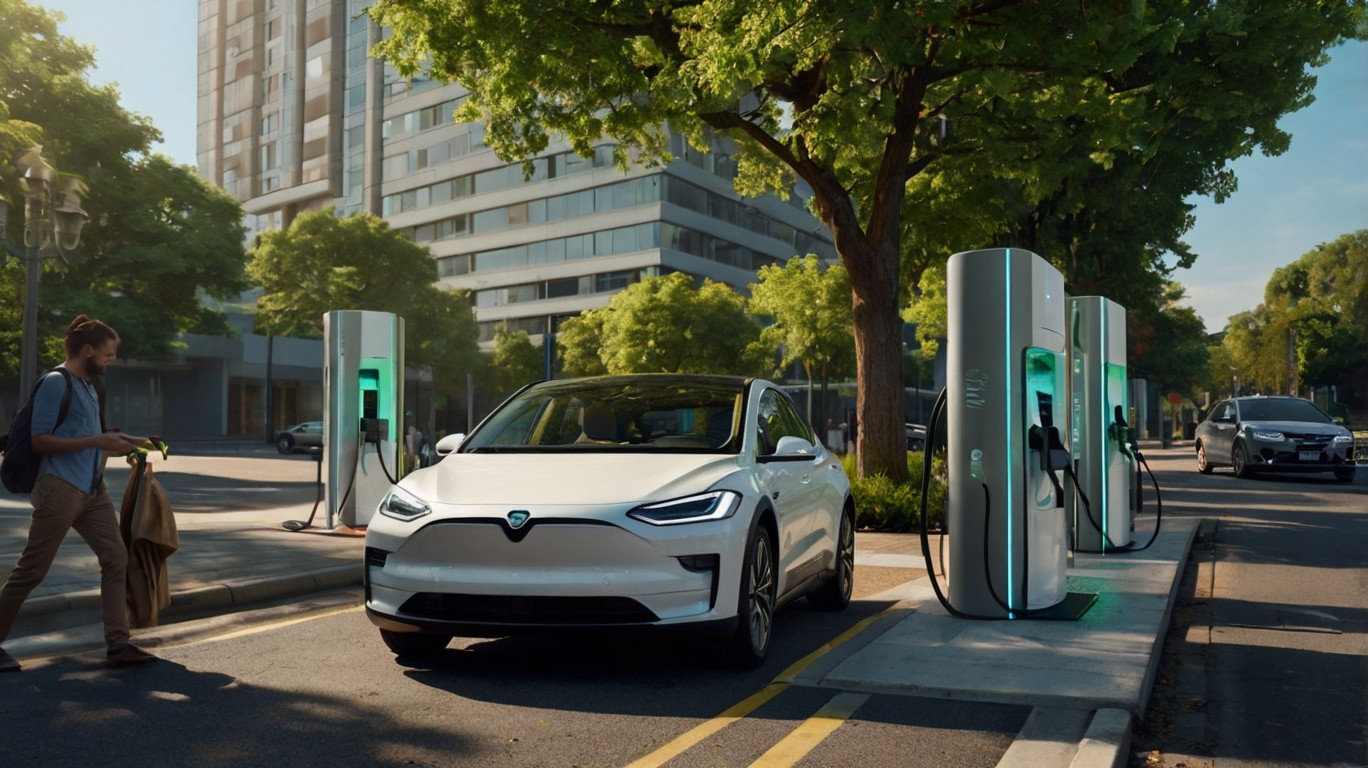
In recent years, these agencies have become champions of change, spearheading initiatives that are transforming the way we think about transportation. The Faster Adoption and Manufacturing of Hybrid and Electric Vehicles (FAME) scheme is at the forefront of this revolution, a beacon of hope shining brightly in an era of climate crisis. The government's ambitious goal of achieving 30% penetration of electric vehicles in private car sales by 2030 is not just a number; it represents a collective aspiration for a sustainable future.
Imagine the ripple effect: as the government introduces incentives for EV adoption, people begin to realize that their daily commutes can be part of a larger solution to air pollution and climate change. In fact, studies reveal that a whopping 90% of car owners are open to making the switch to electric, provided the right infrastructure is in place. And that's where state agencies come in, rolling out policies that address local challenges and tap into unique opportunities for growth.
Take Delhi, for instance, where the infamous smog has prompted decisive action. Here, state agencies are pushing for a remarkable 10% share of EVs in all new vehicle registrations by the end of 2025. The message is clear: the era of polluting vehicles is over, and a new chapter of clean, efficient transportation is just beginning. Meanwhile, Maharashtra, another bustling hub, is crafting its own path, ensuring that electric mobility becomes an integral part of its urban fabric.
But it’s not just about policies and regulations; it's about creating a comprehensive ecosystem for electric mobility. With the government offering fiscal incentives, including tax rebates for EV buyers and customs duty exemptions on batteries, a fertile ground for innovation is being cultivated. These initiatives signal a commitment to not just adopt electric vehicles but to manufacture them locally, creating jobs and boosting the economy.
Yet, the journey towards sustainable mobility is not a solitary one. Local communities play a pivotal role, and partnerships between state agencies and private sector innovators are crucial. With the current infrastructure boasting over 12,000 operational public charging stations, the goal is to meet the projected need for at least 1.32 million stations by 2030. This collaborative spirit is paving the way for a seamless transition to electric mobility.
The Role of chargeMOD
As state agencies push forward with this ambitious agenda, companies like chargeMOD stand ready to lend their expertise. By delivering innovative EV charging solutions tailored to both urban and rural landscapes, chargeMOD can help state agencies turn lofty goals into tangible realities. Whether it’s deploying fast chargers in bustling city centers or developing strategic partnerships for widespread charging networks, chargeMOD is committed to facilitating the vision of sustainable mobility that state agencies are striving to achieve.
In conclusion, as India accelerates towards a greener future, the impact of state agencies cannot be overstated. Their dedication to embracing electric mobility, combined with partnerships with forward-thinking companies, is not only transforming transportation but also reshaping the very essence of urban life. The journey ahead is not merely about adopting electric vehicles; it’s about crafting a cleaner, more sustainable future for generations to come a future where the air is fresher, the streets are quieter, and the possibilities are endless.






